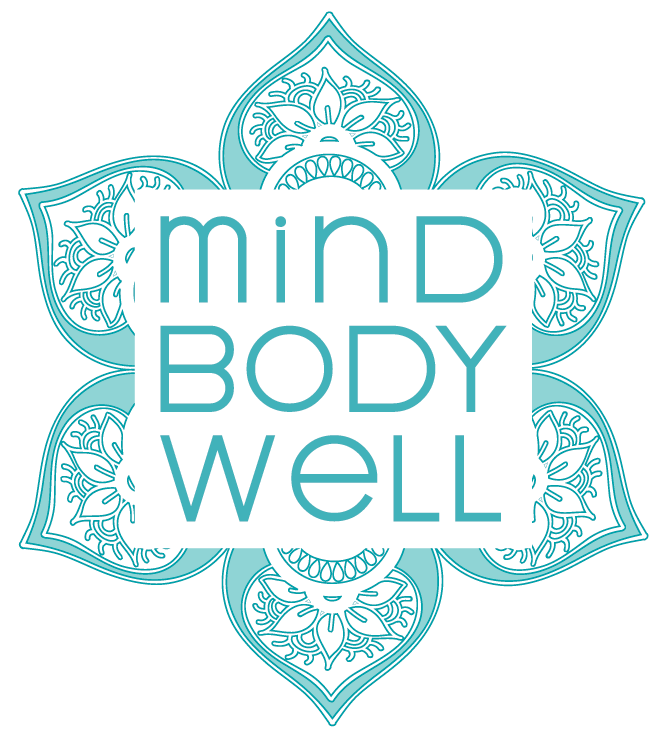As we kick off the new year, many people make resolutions about habits they would like to give up, or new habits to add. Some of the common ones are:
- I want to get out of bed earlier
- I want to eat more vegetables
- I would like to read more books
- I want to get to the gym
Of course, there’s the all-too-familiar focus on a desire for weight loss. This is a common issue for many of our clients. However, we also often hear people express the desire to develop a healthy relationship with food and with their body, one that is more balanced and assists them to feel good.
In a culture where we’re surrounded by the message that weight loss is desirable (and easy!), it’s understandable that so many people are focussed on losing weight.
Is there a problem with having a weight loss goal?
The empty promises associated with being in a smaller body can be so alluring. Common thoughts may be, ‘I will be happier/more confident/more successful once I lose weight’. This is a crossroad that many people arrive at, leading to feelings of confusion and conflict when they realise that holding on to the thin-ideal is causing them distress.
Having spent so many years, hours, thinking time and money on weight loss goals, it’s not easy to let go of a this agenda. There can be sadness, frustration and even grief involved in letting go of the story that weight loss will bring happiness, success and confidence.
One of the main problems with the weight loss ideal is that when people become focused on weight loss dieting, they move away from their body’s natural cues. The focus moves to external factors to determine when to eat, what to eat, and when to move, reducing the ability to trust your own body.
Another challenge with the weight loss agenda is that it ignores the reality that bodies come in all different shapes and sizes. We are not all meant to look the same or be the same size. Moving away from externalised goals of weight and appearance is important if we are to develop a more internalised sense of ourselves and of our wellbeing needs. In fact, if the focus instead is on internal cues to guide eating and movement behaviours, a balanced and intuitive relationship with food and with our bodies can result.
How to prioritise wellbeing rather than weight
To begin to shift the focus, try setting goals centred around health promoting behaviours. This means encouraging goals which support all aspects of your health, for example:
- Reducing stress
- Getting good quality sleep
- Participating in enjoyable movement, and
- Spending quality time with friends.
Changing these goals can encourage us to focus more broadly on aspects of wellbeing such as mental health, financial stability, feeling safe, developing quality social relationships, and finding value and purpose in life.
It’s also important to recognise the way a focus on weight contributes to body dissatisfaction and self criticism, all of which can take us further away from a sense of ease and wellbeing, and the ability to live comfortably within in own body.
If you would like to break up with weight loss dieting, seek out a therapist at Mind Body Well who can support you to change the relationship you have with food and with your body. We can assist you in developing well being-oriented goals that can enable you to live a more fulfilling life.
